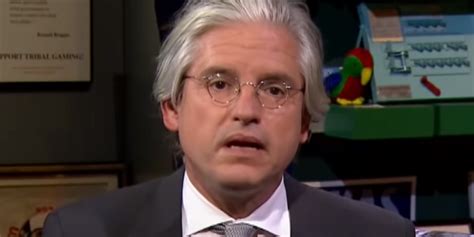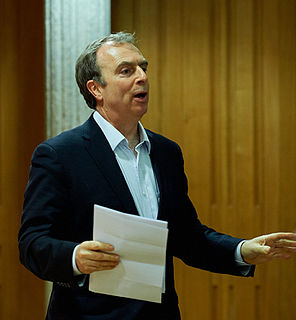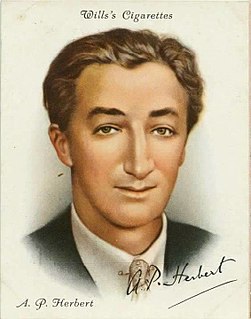A Quote by John C. Maxwell
Anyone who loves his opinions more than his teammates will advance his opinions but set back his team.
Related Quotes
As long as the reason of man continues fallible, and he is at liberty to exercise it, different opinions will be formed. As long as the connection subsists between his reason and his self-love, his opinions and passions will have a reciprocal influence on each other, and the former will be objects to which the latter attach themselves.
In the latter sense, a man has a property in his opinions and the free communication of them. He has a property of peculiar value in his religious opinions, and in the profession and practice dictated by them. He has an equal property in the free use of his faculties and free choice of the objects on which to employ them. In a word, as a man is said to have a right to his property, he may be equally said to have a property in his rights.
A precious, mouldering pleasure 't is To meet an antique book In just the dress his century wore; A privilege, I think, His venerable hand to take, And warming in our own, A passage back, or two, to make To times when he was young. His quaint opinions to inspect, His knowledge to unfold On what concerns our mutual mind, The literature of old.
The liberated man is not the one who is freed in his ideal reality, his inner truth, or his transparency; he is the man who changes spaces, who circulates, who changes sex, clothes, and habits according to fashion, rather than morality, and who changes opinions not as his conscience dictates but in response to opinion polls.




































